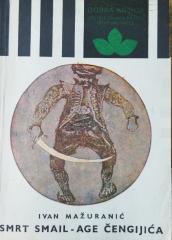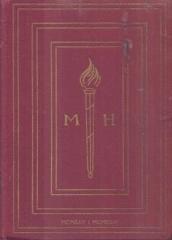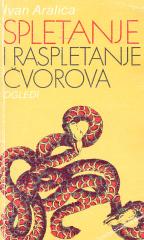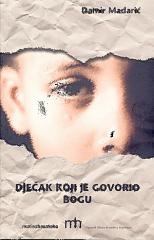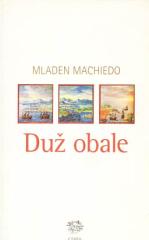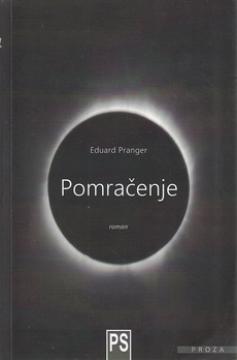
Pomračenje
Great joys and celebrations, just like shared misfortunes and natural cataclysms, bring people together and teach them to respect the true values of human life: friendship, compassion, helping others, kindness and love.
Solar eclipse. It started exactly at eleven twenty-five on August 11, 1999. The moon, four hundred times smaller than the sun, was swallowing and covering the mighty lord of our sky more and more every minute. The shadows grew sharper, and the leaves on the trees cast clear sickle outlines on the ground. About ten minutes later, the bright summer day was replaced by dusk. A cold, sharp wind suddenly blew through the until then completely calm treetops, and it also stopped. All movements stopped and nature became speechless. The birds fell silent, the animals calmed down, and the people, amazed by the sight, looked at the sky. The sun's corona was spilling over the dark Moon, and along the very edge one could see the red glow of powerful protuberances. Darkness reigned, and the gray-blue sky revealed for a few moments the bright Venus and Mercury.
It lasted about half a minute, maybe a full minute, and then a shadow appeared in the southwestern part of the horizon. Although there was not a single cloud, it looked as if some terrible storm was coming and suddenly, the first ray of light flashed through the stark, atmosphereless lunar horizon. It happened suddenly. A flock of pigeons flew over the treetops, and the chirping of birds marked the end of that short, but magnificent and terrifying event. The noise of cars and the shouting of children in the nearby park could be heard again, and the warmth of the Sun brought back the hot summer. Painfully reminding us how small and powerless we really are, who and what we are in relation to the endless expanses of the Universe, the grandiose show of Nature ended.
One copy is available
